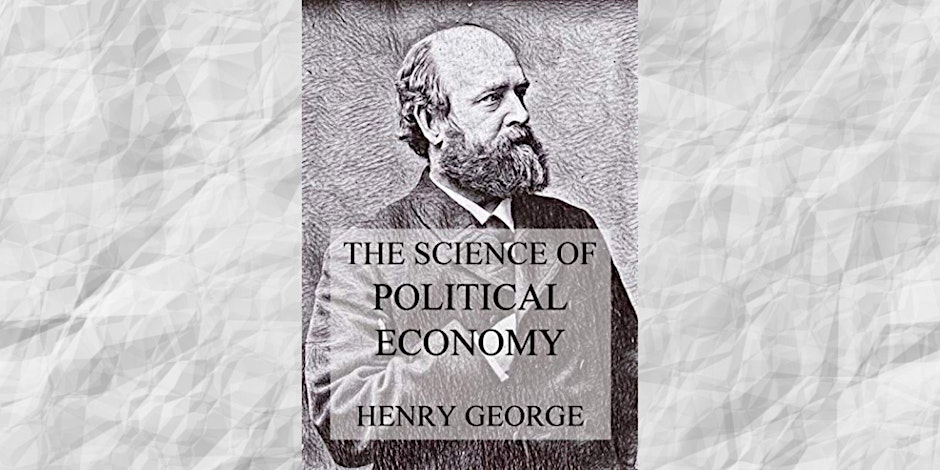A THEORY OF ECONOMIC JUSTICE
What does prosperity have to do with economic justice? Join us to explore the connections.
When natural opportunities become scarce, a rule for allocating them becomes necessary. After considering alternatives, the course develops the case for an equal division of the rent from natural opportunities, then examines the issue of how rent would be assessed. Rent is then divided into portions generated by nature, by infrastructure and by nearby private development, with a different allocation for each.
The framework of justice for natural opportunities is shown to have a natural counterpart in a theory of a just monetary system. Adding an international dimension, the course deals with payments among nations to compensate for inequalities in per capita natural opportunities, with a global system for managing climate-warming activities, with secession, and with refugees. Finally, the course addresses the question of how the conception of justice advanced by the course might be achieved.
The instructor, Nicolaus Tideman is a Professor of Economics at Virginia Tech. He received his bachelor’s degree from Reed College in 1965 and his Ph.D. from the University of Chicago in 1969. From 1969 to 1973 he was Assistant Professor of Economics at Harvard University. In 1970-71 he served as Senior Staff Economist at the President’s Council of Economic Advisors. He has also served as a consultant at the Bureau of the Budget (predecessor to the Office of Management and Budget) and at the Office of Tax Analysis in the Department of the Treasury. He has been at Virginia Tech since 1973, as a post-doctoral fellow, Associate Professor, and Professor since 1985. He has published over 100 professional articles and the book, Collective Decisions and Voting: The Potential for Public Choice.
Dates: Part 1 – Mondays: 9/12, 9/19, 9/26, 10/3, 10/17, 10/24, 11/7; from 6:30PM to 8:00PM EDT
Part 2 – TBA
Note: This is an online event. Access information will be made available after registration.
A link to join the online course will be provided via email before the start of the first session.



